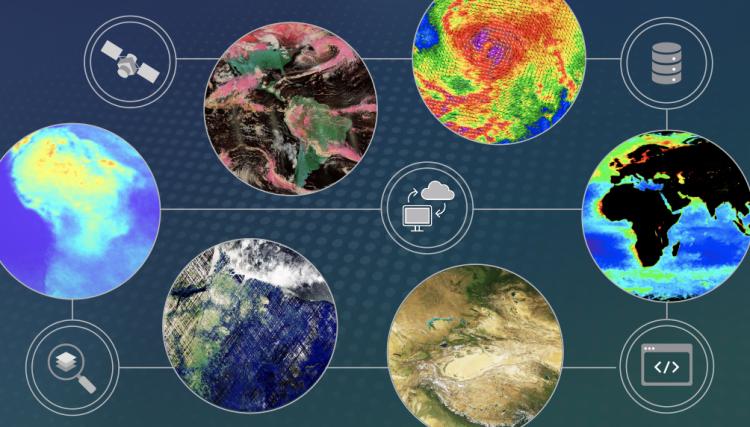Data at Work
Organizations that incorporate NASA data into their products, services, or research can gain significant value by displaying the NASA Data Insignia, which signals to customers, partners, and stakeholders that their work is built on some of the most trusted, scientifically rigorous data on Earth—and beyond. The insignia is provided upon NASA approval using the Request to Use NASA Data Insignia form.

